We all fall down
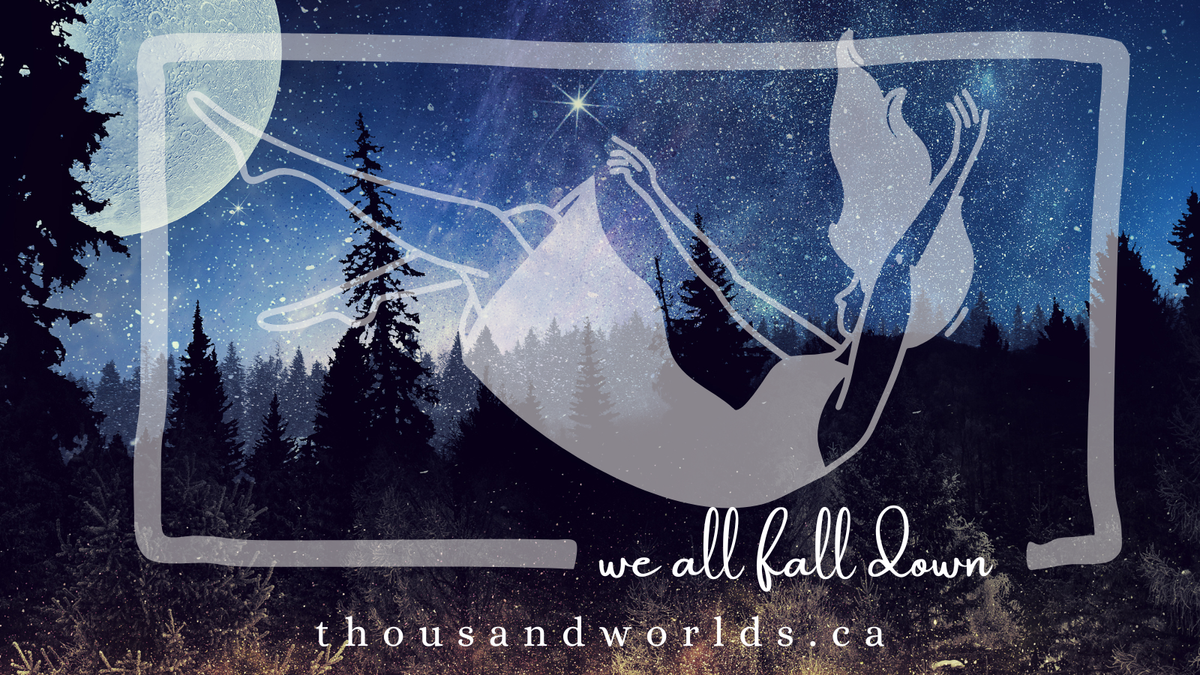
Beginning at the beginning with the events leading up to the birth of Nanaboozhoo
The birth of Nanaboozhoo, a powerful spirit who guides the Anishinaabe, begins with a conflict, a fall, and great loss. I hadn't really been thinking about it in the context of the US election, but it does fit. Or maybe it's just that there are elements of that story that fit because that's where we are now. In the midst conflict, a fall, and great loss.
I've been a little at loose ends since finishing my second book, and I want to give this blog some shape. I've also got a new book coming out next year about the power of listening to Indigenous stories that quickly morphed into listening to all kinds of stories from people pushed violently to the margins and since a friend and teacher gave me the digital archive of William Jones' collection of Ojibwe stories for the third time I decided to work my way through it and see how these stories connect with our world and the things I'm reading. It's a lot of stories, so we're going to be here for a while.
Read the text again and again until you get to an ethical reading.
~ Rabbi Alissa Wise
Please do not take these essays as an authoritative stance on what these stories Truly Mean. There's going to be as many answers to that question as there are people who read them and I am no longer intersted in the idea that stories have a singular meaning, or that the stories of one group of people exist as a unique truth rendering everything else myths and legends. They are all stories told by people who are figuring out their relationship to each other and the worlds around them and then passing those lessons on to others through the art of storytelling. Colonialism, and the Christian horse it rode in on, have done a real number on all of us and while I wouldn't say I'm deconstructing Christianity, I would say that I am deconstructing everything it has touched ... trying to, as Rabbi Alissa Wise says, read and re-read whatever is in front of me until I get to an ethical reading, a way of understanding the story in a liberatory way rather than a single truth I can weaponize to secure power.
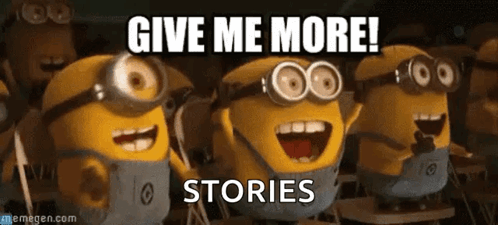
Now that we have that out of the way, my primary text for this dive into Anishinaabe stories is that digital archive my friend sent me of stories collected by William Jones, a multi-volume set that includes Ojibwe Texts collected by William Jones among others that may or may not still be in print or otherwise available. Alongside that I have The Trail of Nenaboozhoo and Other Creation Stories as well as Serpents and Other Spiritual Beings which are stories collected and told by Isaac Murdoch (Serpent River First Nation), and Gii-Nitaa-Aadisooke: Ojibwe Legends from Lac Seul collected and told by Patricia Ningewance (Lac Seul FN). All of these books include the stories in Anishinaabemowin as well as English, and all are told by Ojibwe people although Jones, who collected the stories for his volume, was himself a member of the Sac and Fox nation as well as an anthropologist and student of Franz Boaz.
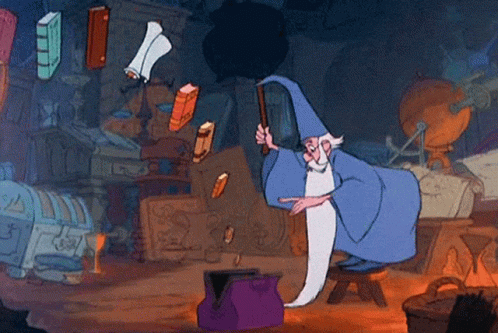
You can bookmark the collection and go ahead and order the Murdoch and Ningewance books if you want to follow along because I'm not going to be retelling these stories in complete detail. If it's something you're interested in then by all means, build your library and read alongside me.
I'm going to be led by the Jones material, but the others may add detail or interesting differences. Murdoch and Ningewance are Ojibwe Anishinaabe and documented the stories they were told by elders or elder family members. Jones collected his stories in the area around Thunder Bay in the years leading up to 1906, which really isn't that long ago. My paternal grandmother was born in the early 1900's so any stories she told my father she would have heard from the same generation who told Jones the stories that he collected.
We begin at one of many beginnings. The birth of Nanaboozho, the rascally rabbit of a thousand names.
Our scene opens on the moon of all places, where Nokomis lived with her sisters until they started brawling over something inconsequential and the sisters pushed Nokomis off the moon. She fell to earth and landed under the water where she pouted for a while until a bear cajoled her into coming up for air. They had a daughter, Winona, who one way or another found herself pregnant by the West Wind, a powerful spirit. She died giving birth to four sons, one of whom is Nanaboozho. The other siblings ran, hopped, or rolled away leaving Nokomis to raise Nanaboozho on her own.
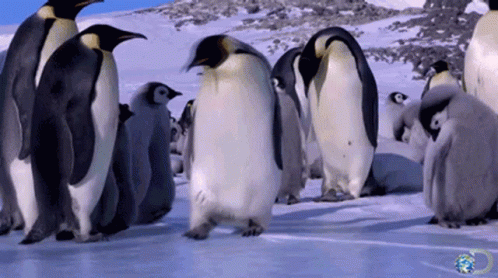
We all fall. Tripping over obstacles, pushed by people we may or may not have trusted, or just leaping into the unknown. We all fall. Alicia Elliot's And Then She Fell is a beautiful and at times harrowing retelling of the Haudenosaunee Creation story about Sky Woman who fell to earth through a hole beneath the great tree where she used to talk to her dead father. It turns out that like the Anishinaabe moon, the Haudenosaunee sky world wasn't that great a place either. Powerful spirits can be jerks just like anyone else.
I'm not going to tell you that all's well that ends well. Falling from the sky onto a new planet is a harrowing experience whether you were pushed or just jumped. I can fully understand why Nokomis pouted for a while beneath the waters. Besides, this was a new planet. How was she supposed to know it wasn't all water? And the medicines that she had brought with her were now scattered on the bottom of the lake. Coming up for air meant leaving them behind.
New beginnings can be exciting but they often start with profound loss and disorientation. As annoying as her sisters were at times they were still her sisters and now she was alone in a strange place with a talking bear. Although that wasn't unusual at the time. It's only now that we've grown so far apart that we can't understand the animals anymore. Then her daughter Winona, through obstinacy in one form or another, not only finds herself pregnant by a powerful spirit (who does not hang around to be a good spouse or parent) but winds up dying in childbirth leaving Nokomis to raise one of the children by herself, the others having ran, hopped, or rolled away.
Poor Nokomis. That's a lot of loss.
Kind of like now. If you think about it. We're being shoved off a precipice socially and politically and it's ok to sit wherever you have landed a pout for a while. Take some time to get used to this new reality. And know that some of the medicines you have carried will need to be left behind. Release medicine into the world and it will do its work, and they may yet return to you in other ways. The world we've landed on is not really that new though is it. It was a decades long fall while white supremacists worked hard to get back the things they lost in the Civil Rights movement.
Some analysts of US politics point to the Vietnam War as the beginning of the end of the US empire. The vets who came back returned to a fractured country and felt betrayed by the government that sent them to war. That's where you see the shift in political discourse about government. Before the Vietnam War, patriots supported their government no matter what. Afterwards being a patriot meant allegiance to an idea of the US which the government itself was selling out. A lot of veterans came back from fighting the Viet Cong and turned that energy towards fighting immigration into the country and into their neighbourhoods.
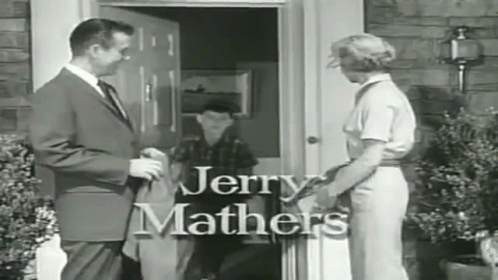
Remember the 2000 movie Gladiator? The script quotes Marcus Aurelius who said:
There was once a dream that was Rome. You could only whisper it. Anything more than a whisper and it would vanish... it was so fragile. And I fear that it will not survive the winter.
That's how patriots feel now, a natural outcome of the US's long fascination with a highly romanticized version of the Roman Empire. There was once a dream that was the US, and they will use whatever violence is needed to ensure that it will survive. Of course, that dream never did include racially or religiously marginalized people. The Roman empire ran on a racialized form of slavery just as the US did/does. Make America great again? Great for who?
In Wild Faith: How the Christian Right Is Taking Over America, Talia Lavin remarks that there were only a few decades in the middle of the 20th century where the US was anything approaching a multi-racial democracy. Hard won victories in the 60s and 70s began unravelling in the 80s and now we're on the precipice of something truly frightening as the US returns by violence if not votes to its overtly Christian, White Nationalist roots. There is a reason, my friends, why your choices were mom and pop genocide or mango mussolini. Canada isn't much better. We might hate Trudeau's softly voiced neo-liberal centrism, but Poilievre, who wouldn't know the truth if it spat in his face, is no friend to already marginalized people and I have no idea what Singh is offering. He's been holding the balance of power for a while now and has nothing to show for it.
We're in free fall and we have a lot to grieve. For marginalized people this cuts deeply, so many of the things that we grieve are denied or reframed. Under DeSantis, school curriculums in Florida offer "clarifications" like having teachers tell their students that "slaves learned important skills they could use later life!" Which is absurd on the face of it. There is no "later in life" for people trapped in chattel slavery. And before you think this is isolated to Florida, with depressing regularity people on my socials will post their child's school assignment about Black or Indigenous people that asks the students to imagine plantations and residential schools as places of great opportunity. How do you grieve something that broader society won't even admit?
Nanaboozhoo has a mother he never knew and siblings who took off immediately after they were born. He's a powerful spirit being, which means that (as we will see in later stories) his big feelings have big consequences. Nokomis is parenting him in the midst of her own losses and traumas. I don't know what to tell you about what this all teaches us about grief and loss because I don't know what it teaches you. I don't even know what it teaches me except that sometimes it's ok to sit and pout for a while and hopefully a talking bear will offer me a hand up.
I think it's interesting that the Anishinaabe world begins in the context of grief and loss. Maybe that says something about the world in which these stories began to be documented. By the late 1800s our world was encroached upon or overridden by newcomers who had no idea how to behave in a civilized way. We were experiencing devastating loss upon devastating loss and still found a way to come up for air. We left some medicines behind and although we returned for them, we also learned to pick new ones. Yes we're survivors, but there's a lot who didn't. A lot of people who didn't become ancestors, who didn't hold onto stories, who didn't have anywhere to land when they fell.
Stories offer us a map, particularly when we are in unfamiliar territory. Think about the map offered by this story, the pieces of it that offer a way to cope with the feeling of falling, or trapped underwater, or having lost things that are important to you, or needing to care for the most vulnerable while you are dealing with your own trauma. What does this story make you think about our current world? What is familiar in your own stories, and what gives you a way to think about new beginnings in the midst of profound loss?
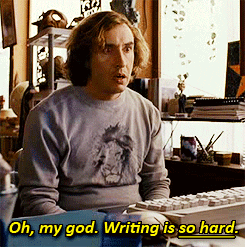
Exciting news for paid subscribers! Beginning January 15 (6-8pm EST) I'm going to be hosting the Bad Indians Writing Club, a monthly writing group open to paid subscibers held via zoom. My schedule is a hot mess so it may not be the 15th of each month and for that reason it will be drop in style. Come when you can, no stress if you can't make it every month. We're going to get together, chat a little (maybe with special guests!), then turn our cameras off, spend 45 minutes writing, and go around the zoom room sharing what we wrote. Yes poetry, yes artwork. We're going to re-imagine these stories any way that works for you. Figure on about 2 hours. The focus for 2025 will be on retelling familiar stories, fan fiction basically, but with a focus on considering how a familiar story speaks into our current life. Who knows, maybe there's a reason that the Big Bad Wolf was blowing down those little piggy homes. More on this in a separate email.

And don't forget to join up with the Nii'kinaaganaa Foundation. Every month we collect funds from people living on Indigenous land and redistribute them to Indigenous people and organzers. You can find out more information on the website. Donate via Patreon or PayPal!
